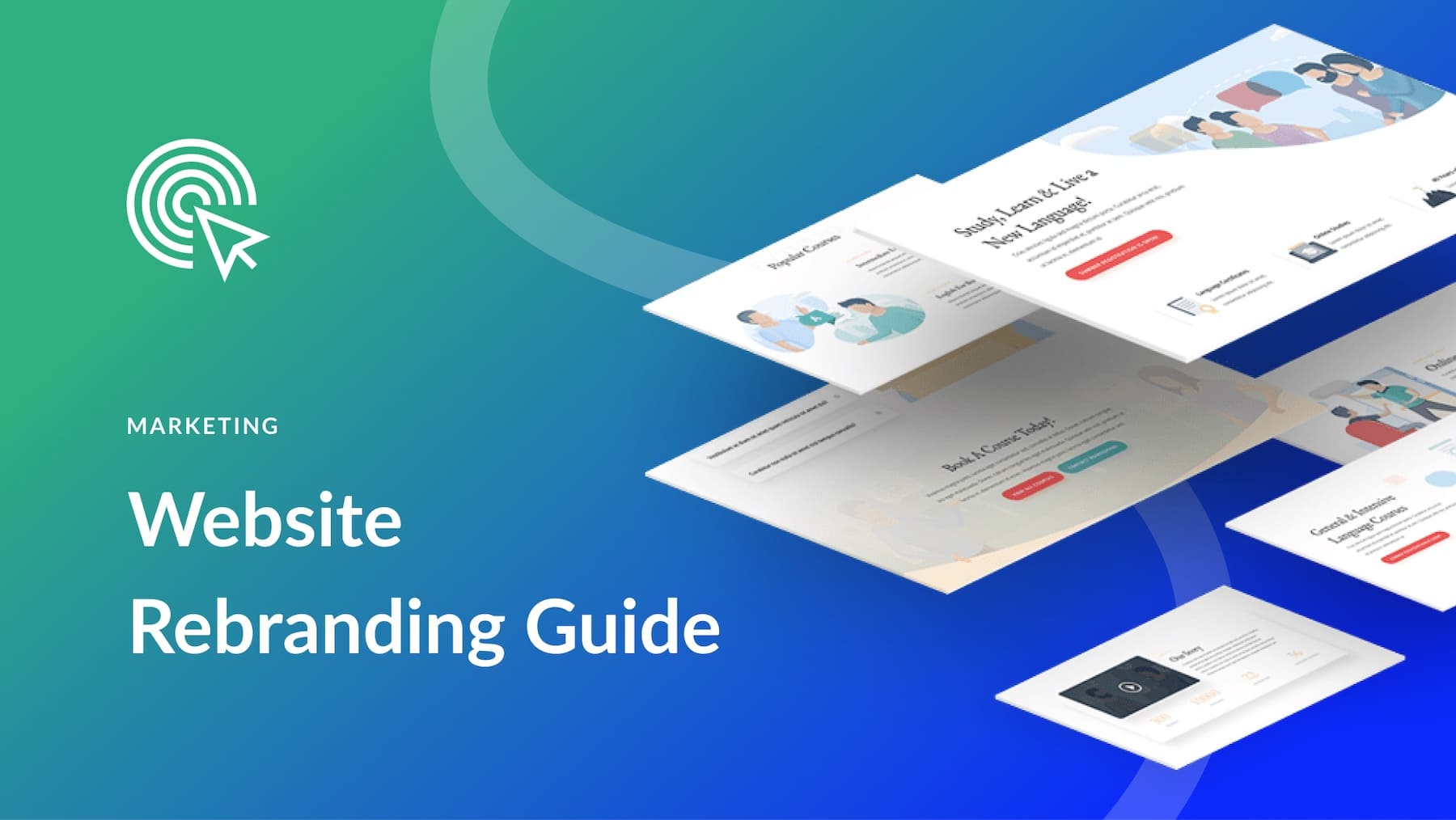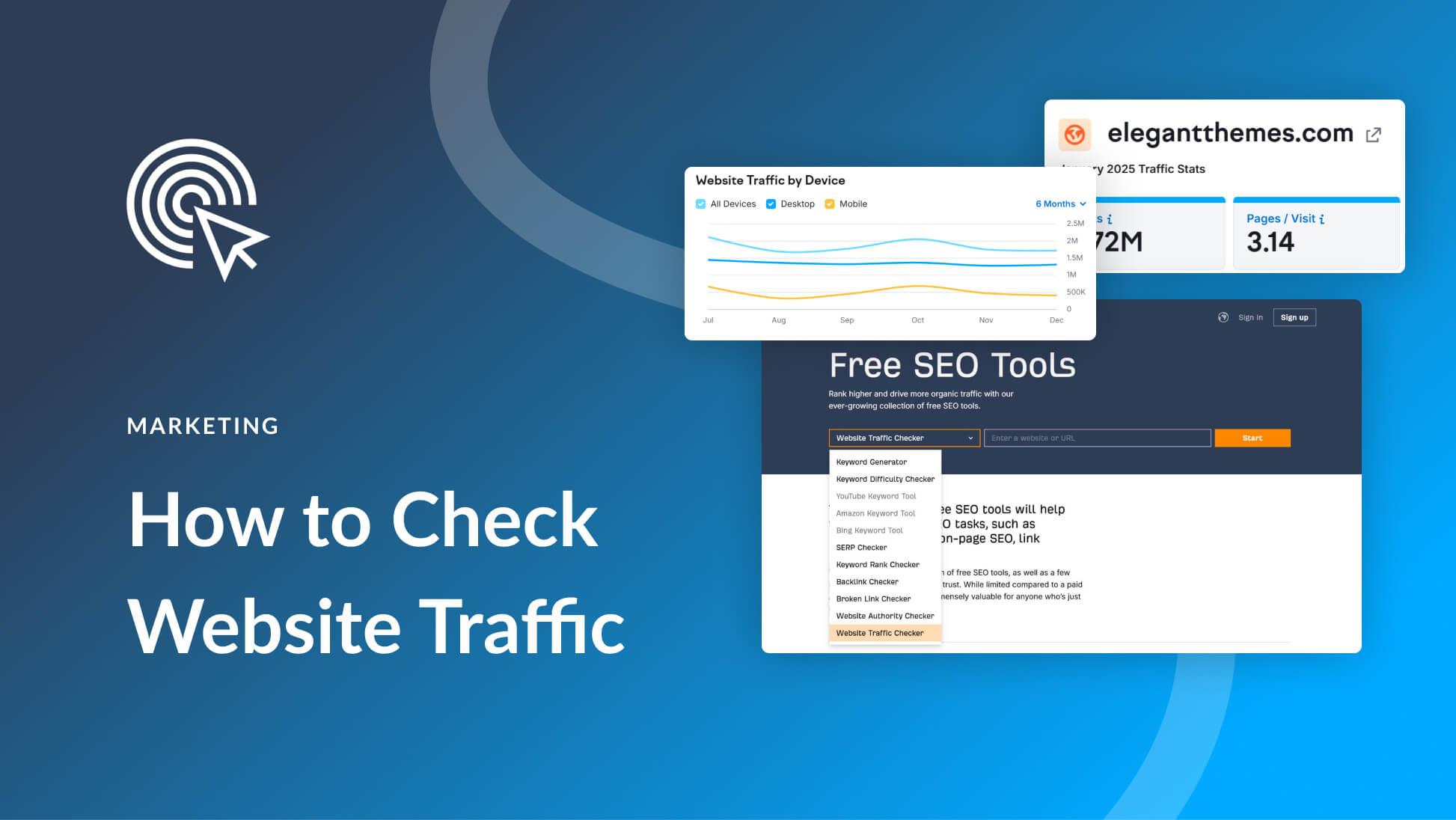The path to success is paved with obstacles. Knowing what your business’ strengths and weaknesses are is key to sorting those roadblocks out efficiently.
The goal of a Strengths Weaknesses Opportunities Threats (SWOT) analysis is to give you better insights into your brand. With that information, you’ll be ready to tackle a wide range of obstacles. In this article, we’ll break down how this technique can benefit your business and then go over the four steps to executing it, including examples.
Let’s get started!
What Is a SWOT Analysis (And What Are Its Benefits)?
“SWOT” is a fancy acronym for a process that involves taking a close look at your business or brand’s strengths, weaknesses, opportunities, and threats. You’re probably already aware of what several of them are, but breaking all this information down into digestible points can give you a new perspective.
With a thorough SWOT analysis, you can gain insights such as:
- What business opportunities are ripe to be exploited
- What areas of your business need an overhaul
- Which of your competitors represents the most immediate threat
You can apply this technique to a specific area of your business – such as your marketing strategy or product development – or to your brand as a whole. Either way, to get the most out of a SWOT analysis, you need to dig deep. If you focus on superficial aspects, or you don’t involve the right people in the process, you won’t get much out of it.
How to Conduct a SWOT Analysis of Your Brand (In 4 Steps)
Unless you run a one-person operation, you need additional team members in the room when you undertake a SWOT analysis. Visual aids that enable everyone to keep track of relevant points are also critical, whether you’re using a videoconferencing tool or in a physical room.
You’ll also want to put aside at least a couple of hours if you’re going to conduct a thorough analysis, which is precisely the point of the SWOT technique. Let’s kick it off on a positive note by talking about strengths.
Step 1: Break Down Your Strengths
Every business has at least one element that gives it an edge over its competitors, no matter how small it might be. Knowing what those advantages are is vital, so you’re ready to seize opportunities when the time is right.
It’s important that the strengths you identify are unique to your brand and not areas your competitors also excel in. Additionally, don’t forget to factor in elements such as access to resources, as well as efficient and effective processes.
To illustrate how a SWOT analysis works, we’re going to focus on a real-life business example – Netflix. It’s the dominant player in online streaming, but that doesn’t mean the company doesn’t have any weaknesses or face any threats.
Some of Netflix’s strengths include:
- First-mover advantage over other streaming companies
- Vast swaths of data about the content its users like
- The ability to produce content at a fast pace other streaming services haven’t been able to match
- Worldwide availability
- Excellent brand recognition
A SWOT analysis begins with your brand’s strengths because they are often the easiest to break down. We all like to focus on the positives but to get a clear picture, you need to be willing to look at the other side of the coin.
Step 2: Lay Out Your Weaknesses
Laying out your brand’s weaknesses is not an exercise in self-deprecation. What it should be is a study in self-reflection that enables you to figure out in which ways your business is vulnerable.
Some areas you might consider examining are processes that are lacking productivity and any elements of your brand that might prevent leads from converting. Be honest, as holding back will only hurt you in the long run.
These days, Netflix commands a 19 percent share of the global streaming marketplace. In the US, it reigns king with about an 87 percent share. Those two figures paint a positive picture, but once you look closer, weaknesses become apparent, such as:
- It’s burning through cash at an incredibly fast pace to keep their content output going
- It faces difficulty renewing licenses for key properties
- Its content library varies wildly in quality depending on the region you’re watching from
- It’s no longer the only viable name in town when it comes to streaming
- Its interface is sub-par
It’s also important to understand that strengths and weaknesses shift over time. In its infancy, Netflix’s biggest weakness was lacking a broad content library. These days, that’s no longer the case. However, it does face some difficulty in renewing essential licenses because it has a lot more competition.
One of the main takeaways here is that a SWOT analysis isn’t something you do just once. As your brand evolves, you’ll need to return to the drawing board often if you want to make sure your business is on the right track.
Step 3: Define Your Opportunities
The first two steps of a SWOT analysis are an exercise in introspection. Once you have that information, you can begin to build plans around it, starting with opportunities for growth.
Opportunities can certainly include innovative technologies and products. However, also keep your eyes open for new target audiences, small advantages over competitors you can seize and expand, and even solutions to your weaknesses.
Taking into account Netflix’s strengths and weaknesses, some of its opportunities might include:
- Publishing new shows and movies at a rate competitors can’t match
- Using its wealth of data to create highly-targeted content to maximize user satisfaction
- Focus on redesigning its interface to make it easier to navigate their library and find content
- Targeting regions where other streaming services don’t have a foothold yet to consolidate their market share
When it comes to business opportunities, it’s important to keep an open mind but to be realistic. As an example, an out-of-the-box idea would be for Netflix to start investing in Virtual Reality (VR) content.
This is an exciting idea – Netflix has the cash, they can attract top talent to develop content, and they have the technical infrastructure to deliver it. The problem is, VR adoption is still very low due to costs and hardware requirements.
Diverting money away from mainstream content towards VR productions might be an interesting bet in a few years. However, for now, it could leave Netflix vulnerable as other players are also starting to sink cash into streaming. Remember to weigh the potential risks and rewards for every opportunity you propose.
Step 4: Consider Your Threats
Remember how we talked about roadblocks at the beginning of this article? In a SWOT analysis, they’re called “threats”.
Pinpointing your threats requires attention to your industry at large. New competitors, changes in consumer trends and behaviors, the sustainability of your processes, and the emergence of new technologies are all factors to consider.
Although Netflix remains in a solid position, the company is facing some evident threats, such as:
- New streaming services constantly entering the field
- Other prominent players starting to sink massive amounts of money into original content
- Customers who dislike the idea of paying for multiple streaming services
- The potential for stagnation if it can’t keep up its aggressive content output
Netflix hasn’t been the only big-name streaming service for a long time now. However, competition has never been fiercer. Players such as Disney+ and Amazon Prime Video might eat further into Netflix’s market share.
It’s also important to keep in mind that most people don’t have unlimited budgets for online subscriptions. At some point, a significant number of subscribers might have to decide which platforms to prioritize. Moreover, in some markets, streaming may have already reached peak penetration. Netflix may need to compete in regional markets if it wants to continue to grow.
However, none of these threats are anything new. There’s a reason why Netflix is famous for its aggressive investment in original content. It understands its vulnerabilities and leverages its strengths (in this case, tons of cash at hand) to offset them.
Although you might not have coffers the same size as Netflix’s, you can certainly learn from its example. If you understand what makes your business unique and what the current landscape in your field is, you will have a much easier time outmaneuvering the competition.
Conclusion
Every business has unique strengths and weaknesses. Knowing what those are is vital if you want to seize opportunities and assess threats effectively. The better you know your brand, the higher-quality products and services you’ll be able to deliver.
The concept of a SWOT analysis is simple, and involves just four steps:
- Break down your strengths.
- Lay out your weaknesses.
- Define your opportunities.
- Consider your threats.
Do you have any questions about how to conduct a SWOT analysis for your brand? Let’s go over them in the comments section below!
Article thumbnail image by wan wei / shutterstock.com









I have always been a believer of Hard Work. But SWOT is something that I’ve not known for some time and neglected to an extent. I believe that SWOT is something that is very necessary for any business and moreover for those businesses which are online and highly risk-averse to the competition. I will try to implement these strategies for my blog as well.
Thank you!
Thanks Aayush, so pleased you found it useful 🙂
I like that the article touches on the overall Brand Experience from multiple different viewpoints. A brand is NOT just a logo or the colors of the website, or email marketing. We fee that it is the entire experience that your customers receive and what they will say about it when you are not around. When you look at a SWOT of your brand with a customer engagement optic you have a much bigger picture and be able to create the best branded customer experience possible.
Hello Kevin! I couldn’t agree more – a brand is more than just logo of colors, so if you’re going to take a close look at yours, you need to look beyond the marketing materials.
This article lays out the first steps to the SWOT analysis process, but it doesn’t come full circle. The issue is that the author hasn’t told readers what to DO after collecting their company’s strengths, weaknesses, opportunities, and threats. That is the key to the analysis and the process.
I am assuming here, but usually this process is led by a team of leaders (management team and perhaps board of directors, etc.) After collecting what the individual stakeholders think are the strengths, weaknesses, opportunities, and threats are, then consolidate them. If two people said nearly the same thing, consolidate it to remove duplicates. Then discuss each one.
You will then go through a process of elimination. Take out any threats that you cannot do anything about. Threats such as “the economy” or “the weather” are not something over which your company has control. Eliminate it. Then really discuss your strengths, but then eliminate all of them. The reason; you are already good at those things. You have got those things down, and they are serving you well. If it ain’t broke, don’t fix it.
Now you will go through a process of focusing on your weaknesses and your opportunities. You will want to discuss how you can strengthen your weaknesses and capitalize on your opportunities.
Write SMART goals–Specific, Measurable, Attainable, Relevant, Time-based goals that you can set out to do. Make sure you have an accountability check in built into the goal so that you can see if your goal is worth continuing or you are going in the right direction to achieve it.
In essence, thinking about your strengths, weaknesses, opportunities, and threats is nothing. Making a plan to correct your weaknesses and capitalize on your opportunities is what will help your business to grow.
Hello Kristi, you make a good point here! We wrote about how to set SMART goals (https://www.elegantthemes.com/blog/business/smart-goals) a while ago and linking both processes together is a great way to turn this analysis into something actionable .
Kristi, perfect extension of the initial and essential SWOT exercise;
stopping after that first step is dangerous since it might install a false of security.
SWOT analysis is a strategic planning technique used to help a person or organization identify strengths, weaknesses, opportunities, and threats related to business competition or project planning. Same is way of bulk SMS for product promotions
SWOT analysis will always give you a lot of opportunities for the business. Thanks for sharing this great information.
Nice overview of SWOT analysis. Even for businesses who have been on the go for a while – it’s a good idea to do a SWOT analysis just to re-focus your business and where it is going.
Thanks Ossie, glad you liked it 🙂